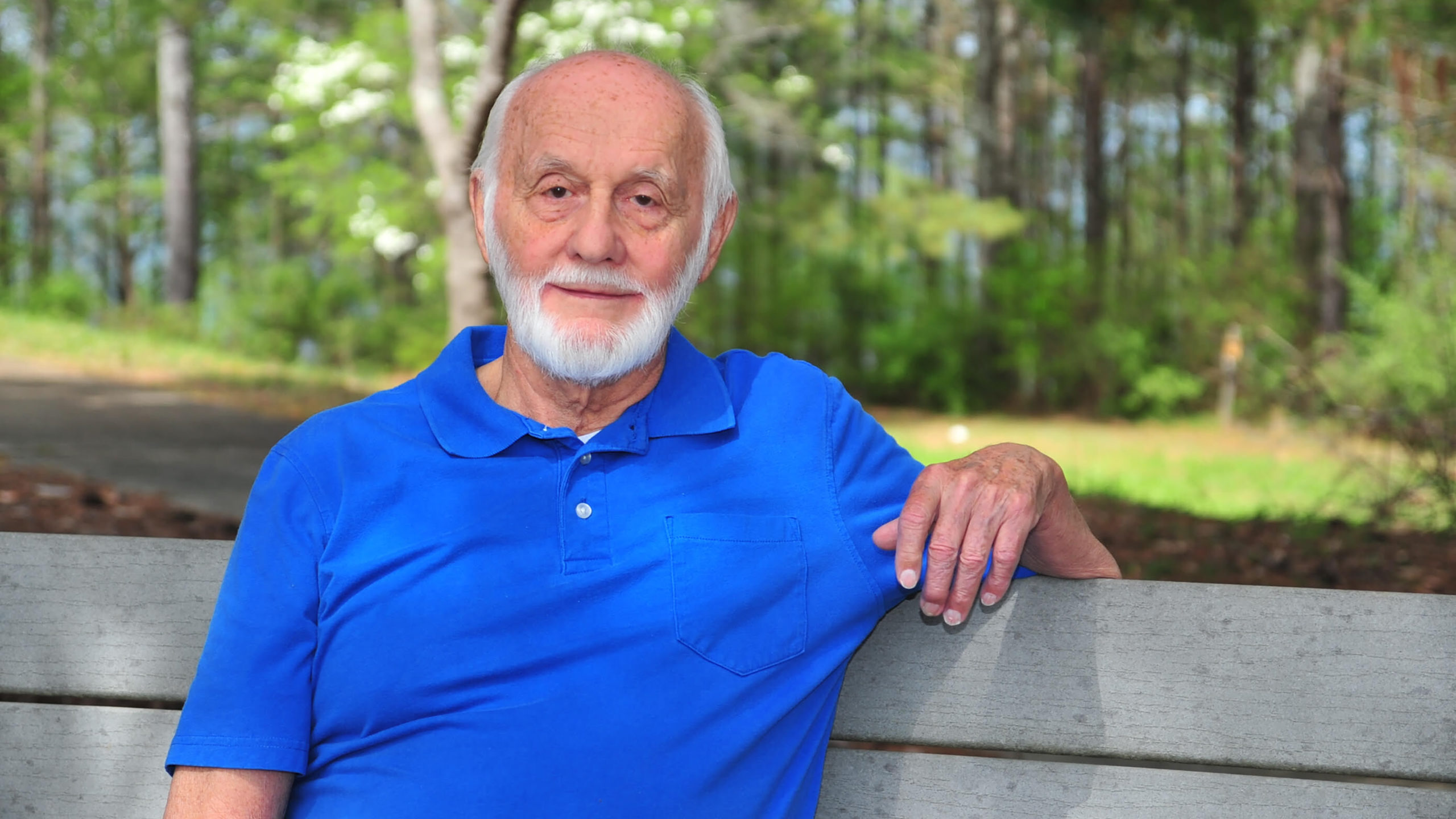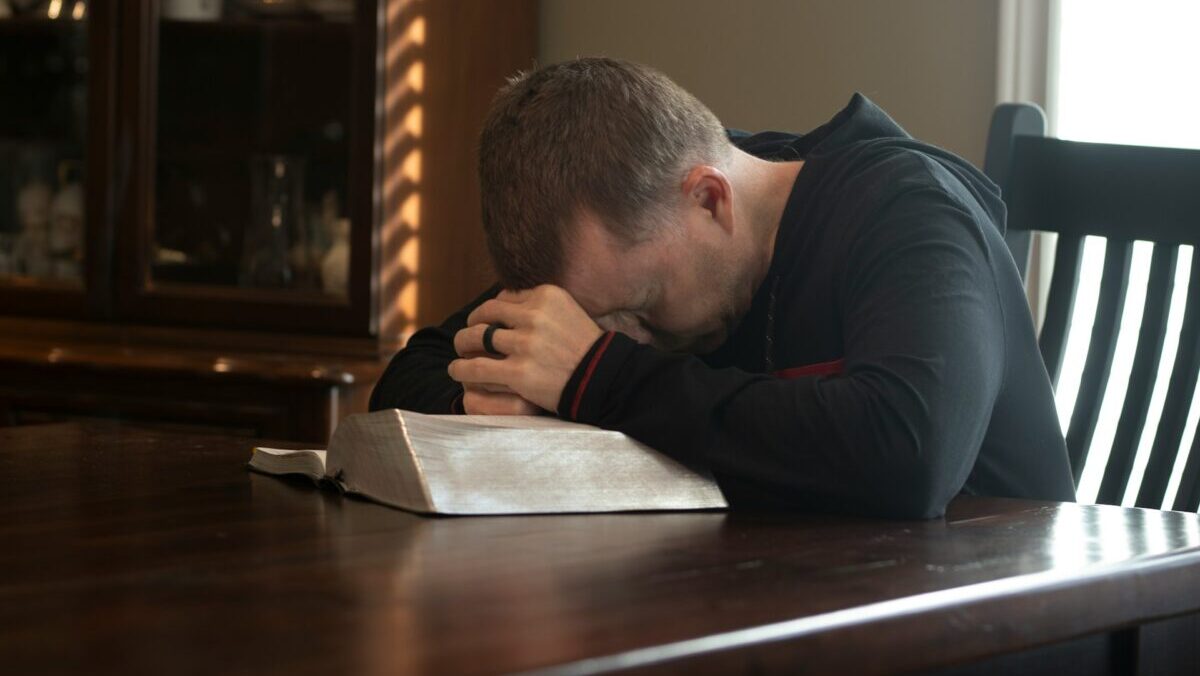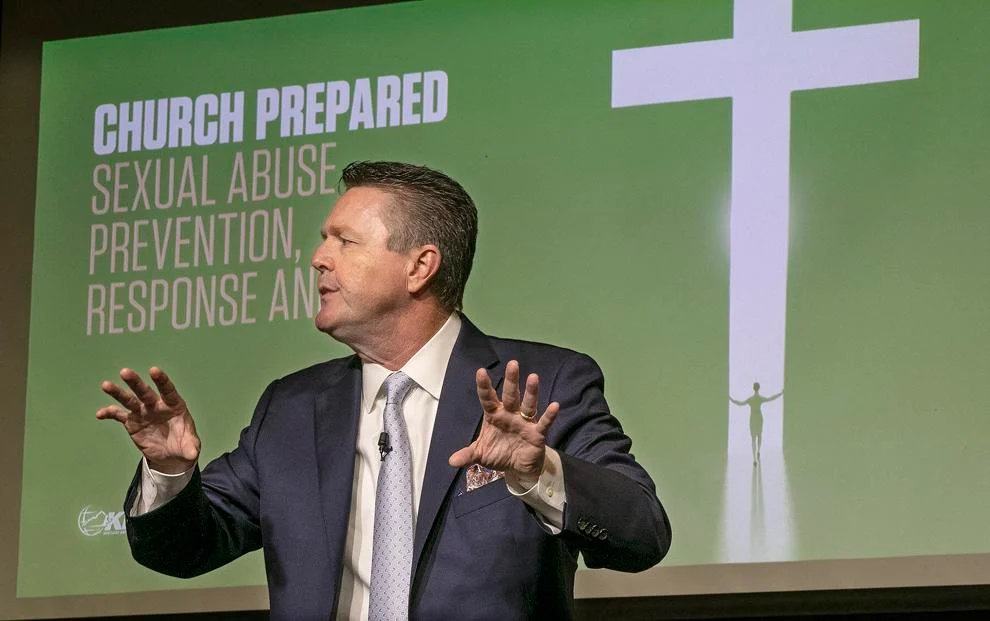Jack Day’s love for storytelling is rooted in Sunday afternoon visits with family on his grandparents’ front porch. Their weekly gatherings always involved telling stories, said Day, who didn’t see television until he was 12. Later, he worked his way through college and seminary as a barber, where he learned that storytelling barbers had the most customers.
“Stories have their own DNA that fits a person’s needs,” Day said, noting they have a way of speaking specifically to the listener and delivering deep truth.
As missionaries to Brazil, Day and his wife, Doris, pioneered Bible storytelling in South America as an effective method for evangelism, church planting and teaching the Bible. Resources they developed are still published in Brazil and available in English and Spanish at biblestorytelling.org.
Storytelling is an important tool for ministry, Day said, but it is underutilized in the U.S. He’s passionate about helping Christians learn to share the gospel through stories, especially as the culture shifts away from abstract reasoning toward storytelling as a means of communication.
“I’m afraid some people are not rejecting Jesus as much as the way He’s presented,” Day asserted. “I believe part of the reason the church is declining is we are still using point-driven, abstract [methods] to deliver biblical truths when the people have lost interest in abstract learning.
“But people love to listen to stories.”
Storytelling in Brazil
As young International Mission Board missionaries, the Days went to Brazil as evangelism workers. Their focus became training Christian men and women to teach the gospel in villages that had no evangelical church.
Day said many in his group of volunteer teachers had limited education but were willing to travel on a bus all Saturday night and spend Sunday teaching the Bible.
“I couldn’t teach them to study the Bible and preach the way I learned in seminary,” he said. “They couldn’t understand Apostle Paul’s writings, but they could tell a Bible story and explain life lessons found in the story and apply them to their listeners’ lives.”
When the Days moved to a major Brazilian city, they found no one was trying to reach the upper class with the gospel. That group was highly educated but biblically illiterate, and stories were a way to reach them. The Days planted six churches to reach upper-class areas.
At the same time, they trained Christians to share stories in impoverished areas and nearby villages.
Day’s favorite approach was to tell a story and ask questions. If he tried to tell them a certain spiritual truth, he explained, they might have argued with him. But in answering questions, they discovered the truth themselves.
His job is not like a lawyer aiming to convince an audience of his argument, Day asserted; instead, a storyteller provides a starting point for deeper discussion.
“If I can get them talking about the Bible, I can trust the Holy Spirit.”
While in Brazil, Doris trained children’s leaders in Bible storytelling. The country allowed schools to have a religious hour during the day, and several regions adapted her materials for their curriculum. The Days published books in Portuguese on Bible storytelling that still are available in Brazil. They retired in 2003 after 33 years in South America, the last three of which were spent traveling across the continent training missionaries and nationals in Bible storytelling.
One story, many parts
Day’s current ministry includes training people to craft Bible stories for their churches and communities. He helps storytellers analyze a Scripture passage and prepare to tell the story in their own words.
David Gay took one of the classes several years ago and has employed storytelling in his preaching at Beulah Baptist Church, Tuscaloosa, Alabama, a growing, community-focused church in Tuscaloosa.
“The Bible is one big story,” Gay said, and a Bible storyteller helps listeners connect the dots.
When he started preaching, it bothered him if the congregation was quiet. But his wife assured him they were listening.
“They were right in the boat, in a storm on the raging sea,” he said.
In the Old Testament story of Joseph, which Gay told on a recent Sunday, Joseph went “from pit to prison to palace,” and God intended it all for good.
“We were all raised on stories,” Gay said.
Telling and asking
Everyone can understand them. That’s why Jack Day is committed to tell them and train others to do the same. He’ll keep telling stories and asking questions to help people discover truth.
After the Days retired they continued their ministry, creating biblestorytelling.org and publishing several books in English. He also worked as a performing storyteller and taught the art of storytelling through programs at Auburn University and the University of Alabama.
After Doris died four years ago, Day wrote another book, “Prayer: Not My Will But Your Will.” He lives full-time in a motorhome and travels around doing volunteer work, training people in Bible storytelling and performing as a storyteller.
“Some people will come to hear me tell stories who would not come to hear me as a preacher,” he said.
For information on Bible storytelling and training opportunities contact Day at jackday@pobox.com.










